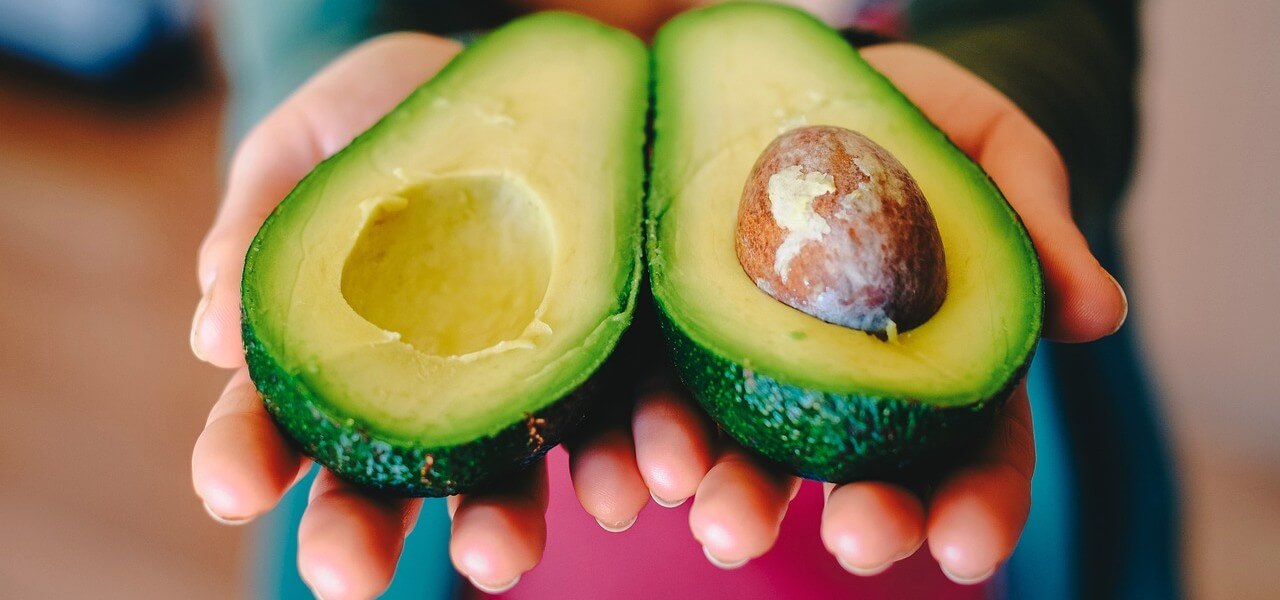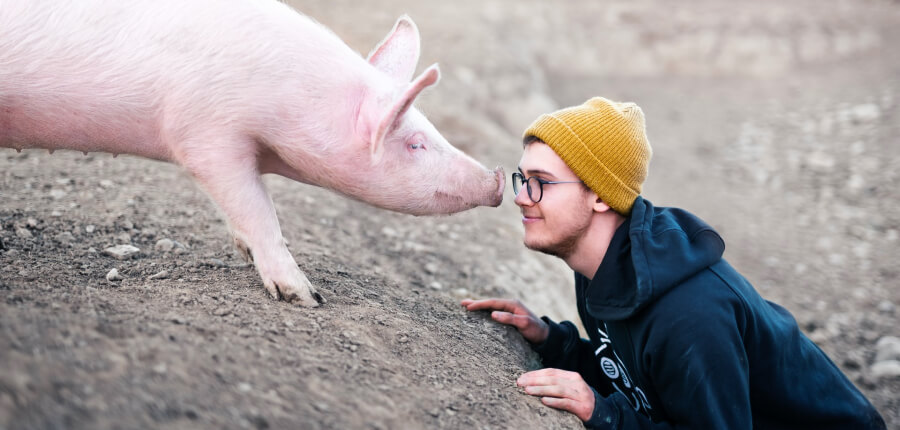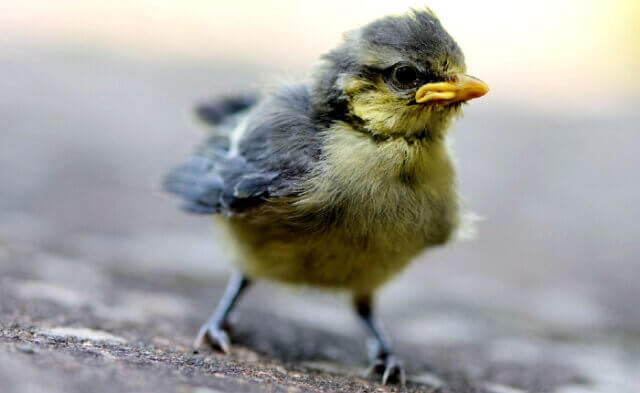This World Vegan Month is a good time to reflect on all the reasons to go vegan.
While many compassionate folks go vegan to protect animals from suffering, environmentally conscious individuals may do so primarily because the production and consumption of beef, chicken, pork and other animal-derived foods contributes to the climate catastrophe and other environmental problems. Health-conscious people tend to avoid meat, eggs and dairy mostly because they’re high in cholesterol and saturated fat and devoid of important nutrients. Other benefits, including affordability, also motivate people to go vegan. Although one aspect of vegan living may resonate with you more than others, all are valid concerns that trump every possible excuse for eating animal-based foods.

When you look at the big picture and consider all the reasons, individually and combined, for going vegan, you’ll understand why it’s a sensible choice. Simply going vegetarian, as I did a couple of years before I went vegan, isn’t enough.
Animals suffer in the egg and dairy industries. Hens used for their eggs are confined to filthy, extremely crowded cages. Farmers cut off part of each bird’s sensitive beak with a hot blade—using no painkillers. Male chicks are useless to the egg industry since they don’t produce eggs, and they aren’t bred to have the excessive flesh desired by the meat industry, so they’re either suffocated or tossed into a grinder while they’re still alive. When hens’ exhausted bodies can no longer produce enough eggs, they, too, are killed.
Cows produce milk for the same reason humans do: to feed their babies. But on dairy farms, they’re forcibly impregnated over and over again and their calves are taken from them soon after they’re born. Many male calves are crammed inside crates and ultimately killed for veal. When their mothers are “spent” and can no longer produce much milk, they’re sent to slaughter.
Going vegan helps humans, too, as it can lower the risk of suffering from heart disease, diabetes, strokes, cancer and other health problems and can help keep weight down. What’s more, eating vegan foods can help you save money, since vegan staples like pasta, rice, tofu and beans are much cheaper than meat.
And raising and killing animals for food takes a catastrophic toll on the planet. Animal agriculture generates huge quantities of greenhouse gases. And forests, which absorb those gases, are cut down to grow crops to feed farmed animals. A recent report commissioned by World Animal Protection shows that growing, processing and transporting feed crops accounts for about 60% and 40% of the emissions from farming chickens and pigs, respectively.
In the countries with the most factory farming — Brazil, China, the Netherlands and the U.S. — the carbon footprint of factory-farming chickens is akin to keeping 29 million cars on the road for a year and the emissions from factory-farming pigs are equivalent to those from 74 million cars every year.
Many people understand why it’s important to give up meat, but let’s not overlook the damage done when we consume eggs and dairy. If you’re serious about ending cruelty to animals, getting healthier and saving the planet, World Vegan Month is a fitting time to stop eating animal-based foods and opt instead for foods that are humane, wholesome and environmentally friendly.





